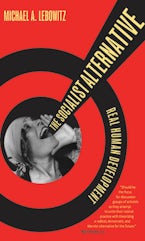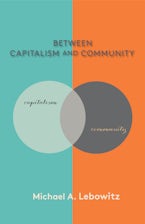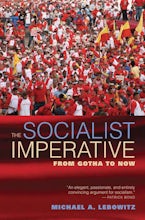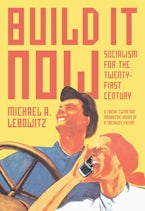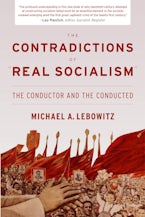“A good society,“ Michael Lebowitz tells us, “is one that permits the full development of human potential.” In this slim, lucid, and insightful book, he argues persuasively that such a society is possible. That capitalism fails his definition of a good society is evident from even a cursory examination of its main features. What comes first in capitalism is not human development but privately accumulated profits by a tiny minority of the population. When there is a conflict between profits and human development, profits take precedence. Just ask the unemployed, those toiling at dead-end jobs, the sick and infirm, the poor, and the imprisoned.
But if not capitalism, what? Lebowitz is also critical of those societies that have proclaimed their socialism, such as the former Soviet Union and China. While their systems were not capitalist and were capable of achieving some of what is necessary for the “development of human potential,” they were not “good societies.”
A good society as Lebowitz defines it must be marked by three characteristics: social ownership of the means of production, social production controlled by workers, and satisfaction of communal needs and purposes. Lebowitz shows how these characteristics interact with and reinforce one another, and asks how they can be developed to the point where they occur more or less automatically—that is, become both a society’s premises and outcomes. He also offers fascinating insights into matters such as the nature of wealth, the illegitimacy of profits, the inadequacies of worker-controlled enterprises, the division of labor, and much more.
